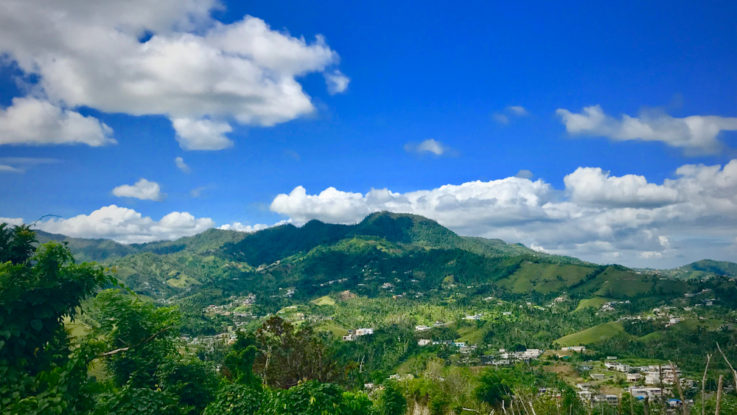
Puerto Rico’s first intermunicipal microgrid – Microrred de la Montaña (Microgrid of the Mountain) – is currently being developed by microgrid developer XENDEE and the Idaho National Laboratory (INL). The microgrid will be managed by the island’s first electric cooperative, Cooperativa Hidroeléctrica de la Montaña (Mountain Hydroelectric Cooperative). The project is funded by the Department of Energy’s Office of Electricity Microgrid Program.
“Microrred de la Montaña is not only the first intermunicipal microgrid in Puerto Rico, but also an exemplar Net-zero carbon microgrid for communities on the front lines of climate change,” said Timothy McJunkin, Technical Director of the NZM Program at INL. “This project stands out as a unique opportunity to showcase the integration of multiple non-greenhouse emitting energy sources to increase reliability and resilience and show how NZMs can be the source of economic development and prosperity for Puerto Rico and other disadvantaged communities across the U.S.”
Microgrid of the Mountain will provide power to the 90,000 residents of four neighboring towns. Incorporating solar plus storage, the community microgrid is expected to cut energy costs by at least 20%. It will also be capable of integrating existing hydroelectric technology, which could increase those savings to as much as 60%. In future, upgrades to the island’s hydroelectric power plants could result in the microgrid being able to output 50 MW of electricity, which would allow the cooperative to sell energy to the rest of the island.
Importantly, given the challenges the energy infrastructure of Puerto Rico faces due to severe tropical weather, it will provide an independent and reliable source of power.
“Increasingly dangerous climate events have been devastating to Puerto Rico’s local economy and energy infrastructure. By using this new resilient energy system, Puerto Rico’s mountain regions can offer greater stability for businesses and the community while also mitigating the consequences of the next major climate event including regional economic paralysis and the mass exodus of residents during recovery periods,” said C. P. Smith, Executive Director of the Cooperativa Hidroeléctrica de La Montaña.